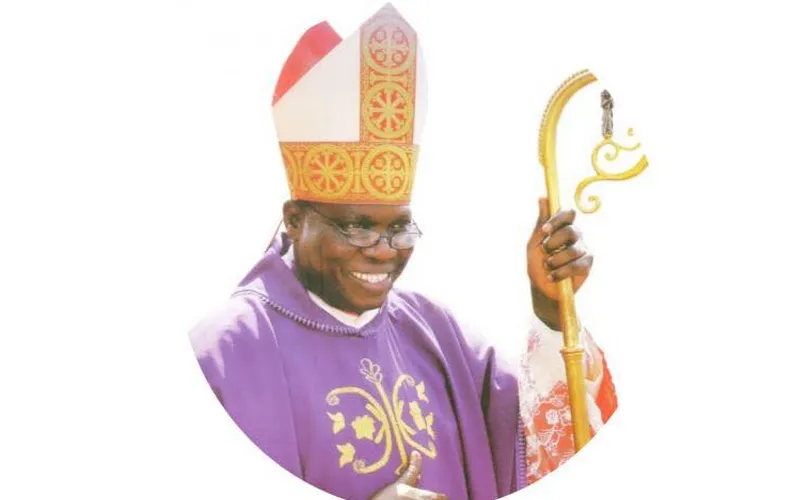He added, “The season challenges us to embrace and embody the attitude of Christ who spent much time in prayer, fasting and helping others especially the needy.”
The 62-year-old Archbishop made reference to the biblical story of two disciples on the road to Emmaus and said that their encounter with the risen Lord is related to what Nigerians are facing amid poor leadership.
“The predicament of the two disciples on the road to Emmaus on Easter Sunday morning is akin to that of most Nigerians today vis-à-vis continued bad governance, which has created economic hardship caused by under and unemployment, poverty, insurgency, terrorism, kidnappings for ransom, cattle rustling, banditry, armed robbery, drug peddling, ritual killings,” he said.
Archbishop Ndagoso reflected on the participatory democracy entailing citizen empowerment in political decisions that was adopted in the country in 1999 and said that the hopes of most Nigerians have been affected by the empowerment.
“Successive governments especially since the return to participatory democracy in the fourth republic in 1999 have raised and dashed the hopes of most Nigerians for a better and inclusive nation,” he said, and added, “It is an understatement today to say that there is hopelessness and despondency in the country.”
(Story continues below)
He explained that the adoption of participatory democracy has caused many Nigerians to lose not just hope but also confidence in the country to an extent that they no longer have a sense of belonging.
“This state of affairs has no doubt caused many to lose hope and confidence in the country. Many sections of our country have a feeling of exclusion and have a-no-sense of belonging. These feelings have manifested in the agitations for self-determination and in some cases outright calls for secession,” he said.
However, the Catholic Archbishop encouraged Christians to take solace in the resurrection of Christ saying that the Christian faith ought to produce hope, which in turn fosters Christians to move on irrespective of challenges.
He said that fortitude in adversity is the shield of Christians and the only guarantee to defeat dark forces that culminate into hopelessness.
He acknowledged the generous support of the faithful that has enabled an Archdiocesan Commission to reach out to the needy in his Metropolitan See of Kaduna.
“Our Justice, Development and Peace Commission (JDPC) continues its engagement with helping the unemployed and underemployed youth and women, especially widows, regardless of religion and ethnic group to acquire various skills that help to equip them with relevant skills to be employable and self-reliant,” Archbishop Ndagoso said.
He added, “JDPC has over the last ten years trained and graduated thousands of young people and women especially widows in various skills in addition to engagement in peace building efforts and provision of relief material in emergency situations such as distribution of relief materials for those affected by the activities of bandits turned terrorists, kidnappers and clashes between farmers and herders.”
He said that the Catholic Archdiocese of Kaduna is looking forward to continuing with skills acquisition programs and also civic education ahead of the 2023 elections, adding that the process relies on the continued generous support of the faithful.
“With your continued support we hope to continue with the skills acquisition programs, civic education ahead of the 2023 general elections, advocacy for good governance, acquisition of farmland for large scale farming, provision of legal aid to convict prisoners, charity to needy individuals and families and clean drinking water to needy communities through the sinking of boreholes,” Archbishop Ndagoso said in his March 7 message.







